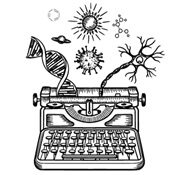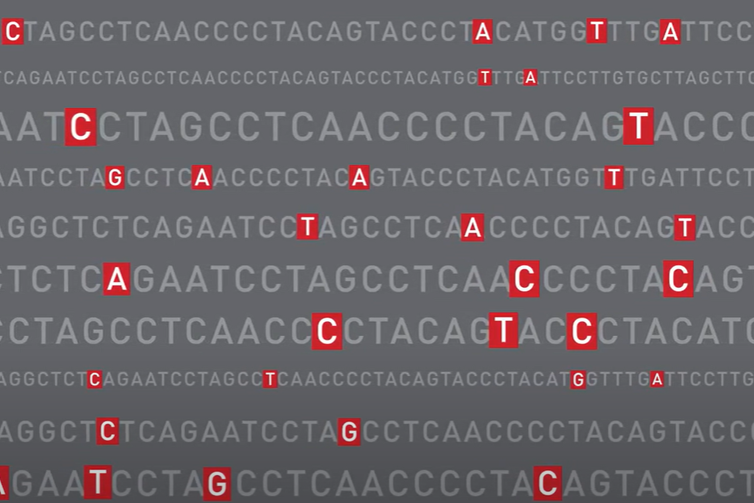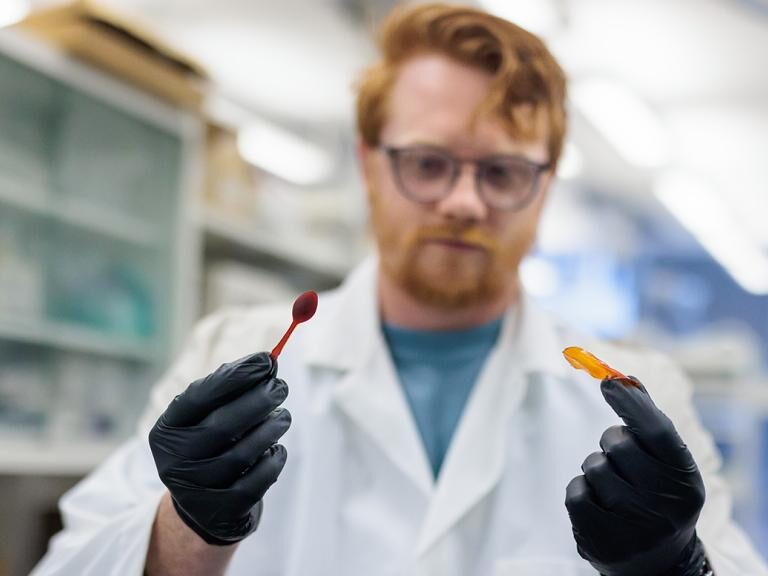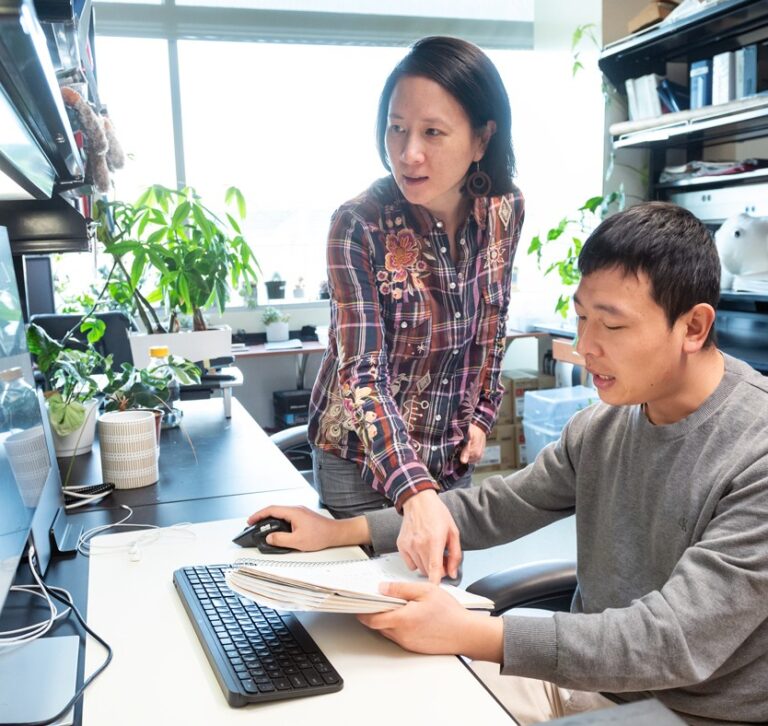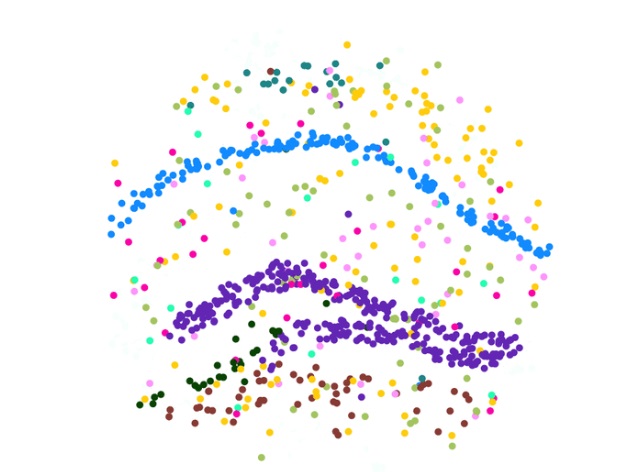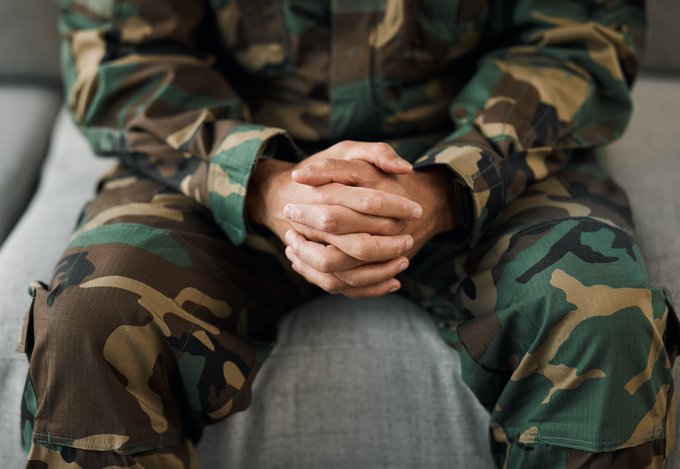New “virtual biopsy” for skin [Stanford]
The next time you have a suspicious-looking mole on your back, your dermatologist may be able to skip the scalpel and instead scan the spot with a noninvasive “virtual biopsy” to determine whether it contains any cancerous cells. Similarly, surgeons trying to determine whether they have removed all of a breast tumor may eventually rely …
